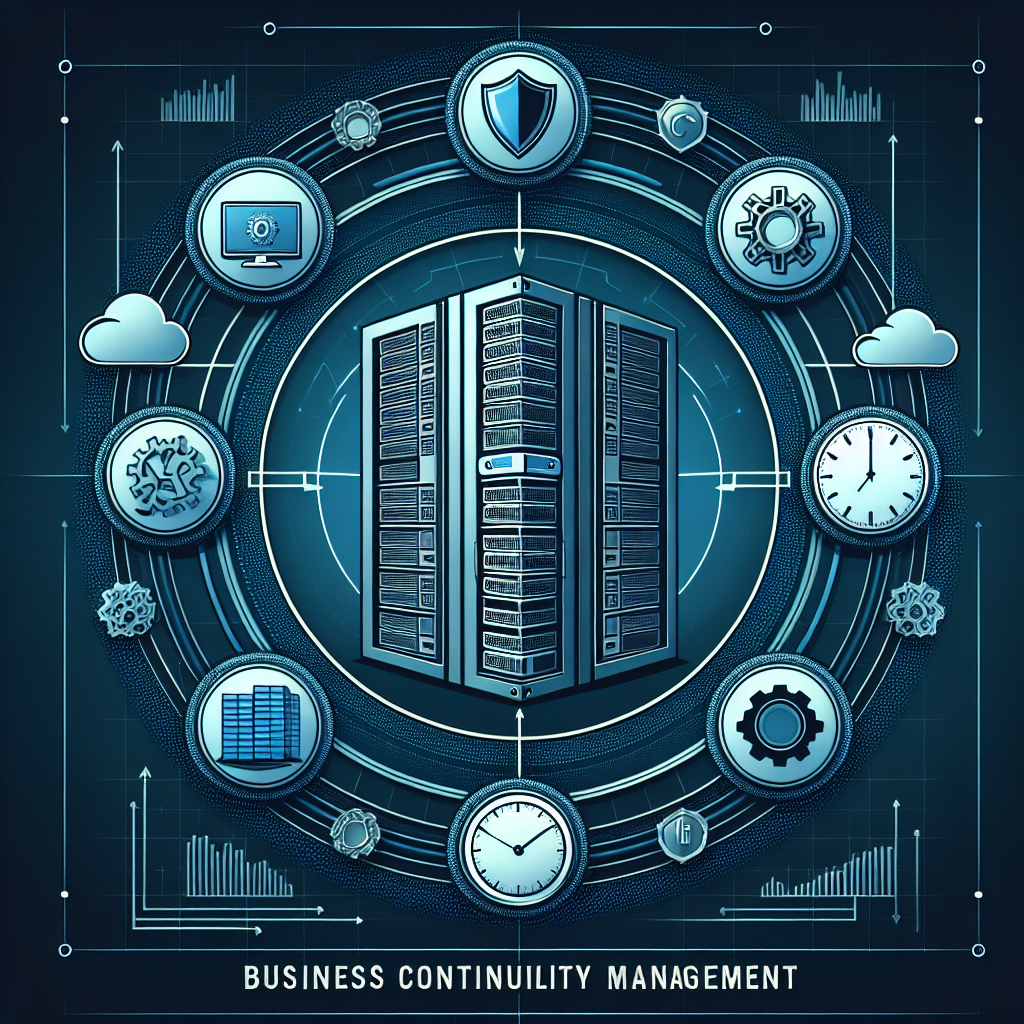Your cart is currently empty!
Best Practices for Data Center Business Continuity Management

In today’s digital age, data centers play a critical role in ensuring the continuous operation of businesses. They house and manage the vast amounts of data that organizations rely on to run their operations effectively. However, with the increasing complexity and interdependence of data center systems, the risk of disruptions and downtime is also on the rise. This is where business continuity management (BCM) comes into play.
Business continuity management is a holistic approach to ensuring that an organization can continue its operations in the event of a disruption. In the context of data centers, BCM focuses on minimizing the impact of any potential disruptions on the availability of critical data and services. Here are some best practices for implementing effective data center business continuity management:
1. Conduct a thorough risk assessment: The first step in developing a solid business continuity plan for your data center is to identify and assess potential risks. This includes natural disasters, cyber-attacks, equipment failures, and other external threats. By understanding the risks that your data center faces, you can develop strategies to mitigate them effectively.
2. Develop a comprehensive business continuity plan: Once you have identified the risks, it’s essential to develop a detailed business continuity plan that outlines how your data center will respond to various disruptions. This plan should include procedures for data backup and recovery, communication strategies, and roles and responsibilities for key personnel.
3. Test your plan regularly: A business continuity plan is only effective if it is regularly tested and updated. Conducting regular tests and exercises will help identify any weaknesses in your plan and allow you to make necessary adjustments. This will ensure that your data center is prepared to handle any disruptions effectively.
4. Establish redundant systems: Redundancy is key to ensuring the availability of critical data and services in the event of a disruption. Implementing redundant systems, such as backup power supplies and data replication, can help minimize downtime and ensure continuity of operations.
5. Implement robust cybersecurity measures: Cyber-attacks are a significant threat to data center operations. Implementing robust cybersecurity measures, such as firewalls, intrusion detection systems, and regular security audits, can help protect your data center from potential breaches.
6. Train your staff: Your employees are a critical component of your business continuity plan. Providing training and awareness programs to ensure that they understand their roles and responsibilities during a disruption is essential. This will help ensure a coordinated response and minimize the impact of any disruptions.
In conclusion, implementing effective business continuity management practices is crucial for ensuring the continuous operation of your data center. By conducting a thorough risk assessment, developing a comprehensive business continuity plan, testing your plan regularly, establishing redundant systems, implementing robust cybersecurity measures, and training your staff, you can mitigate the risks and minimize the impact of disruptions on your data center operations. By following these best practices, you can ensure that your data center is well-prepared to handle any challenges that come its way.

Leave a Reply